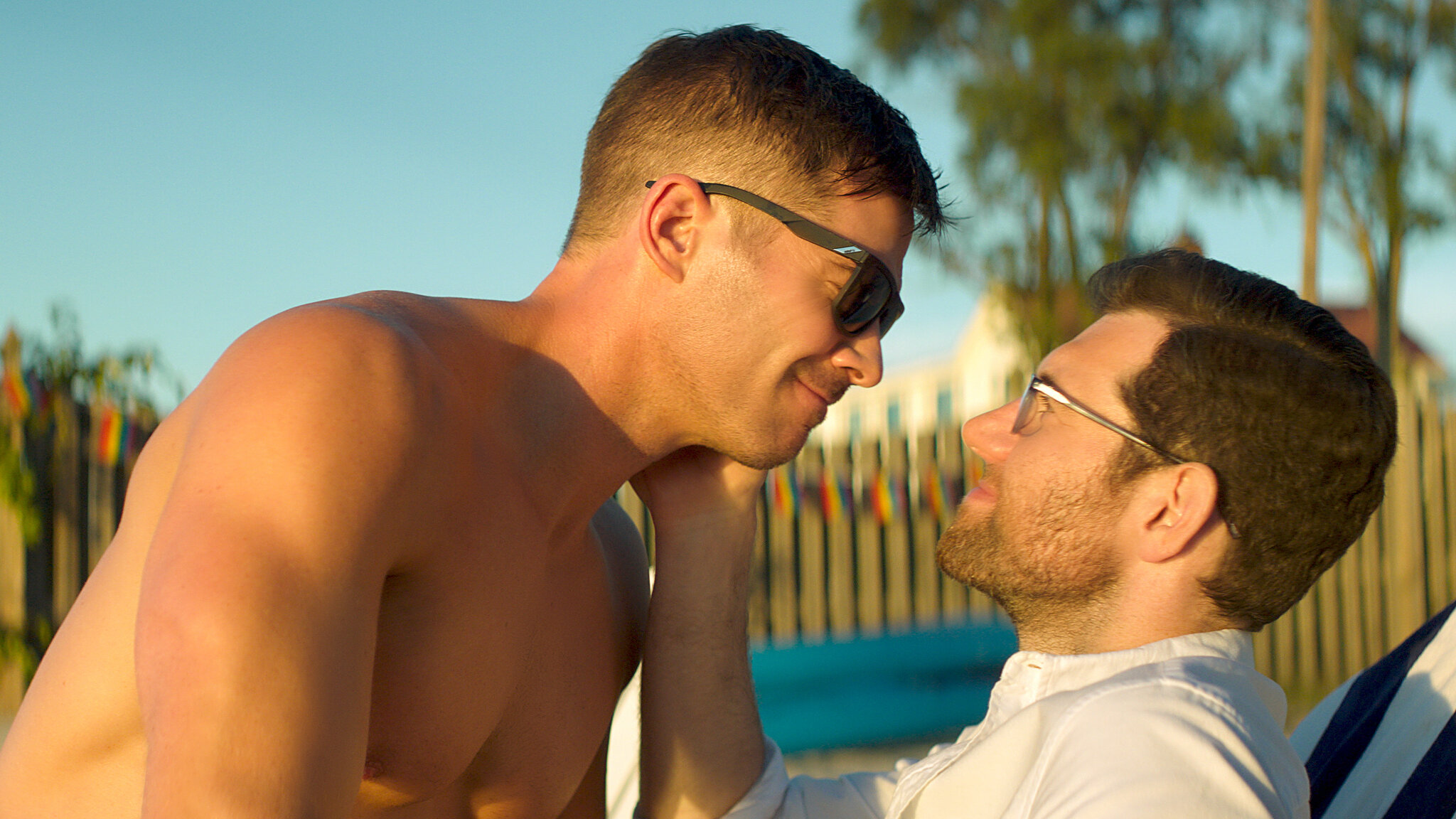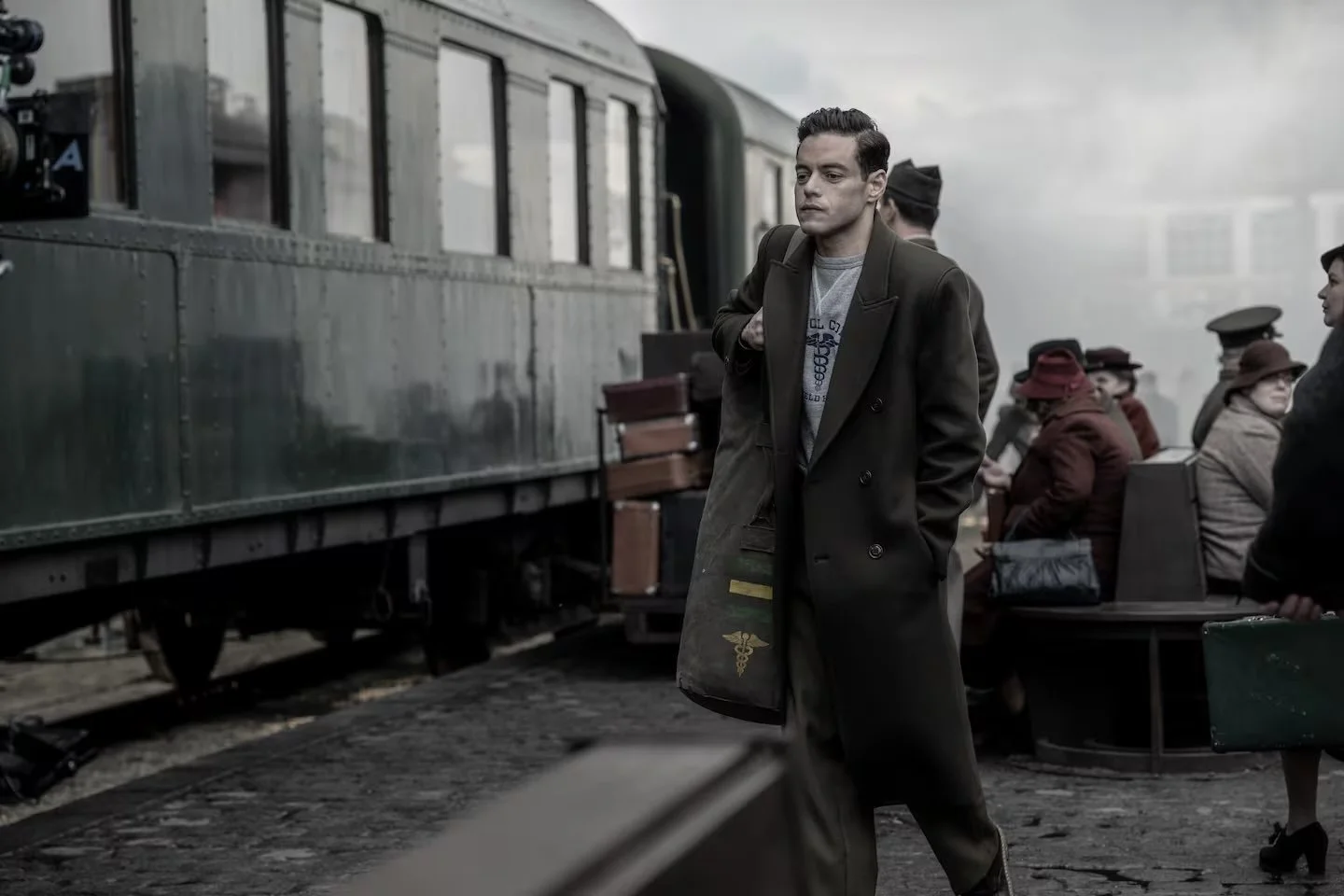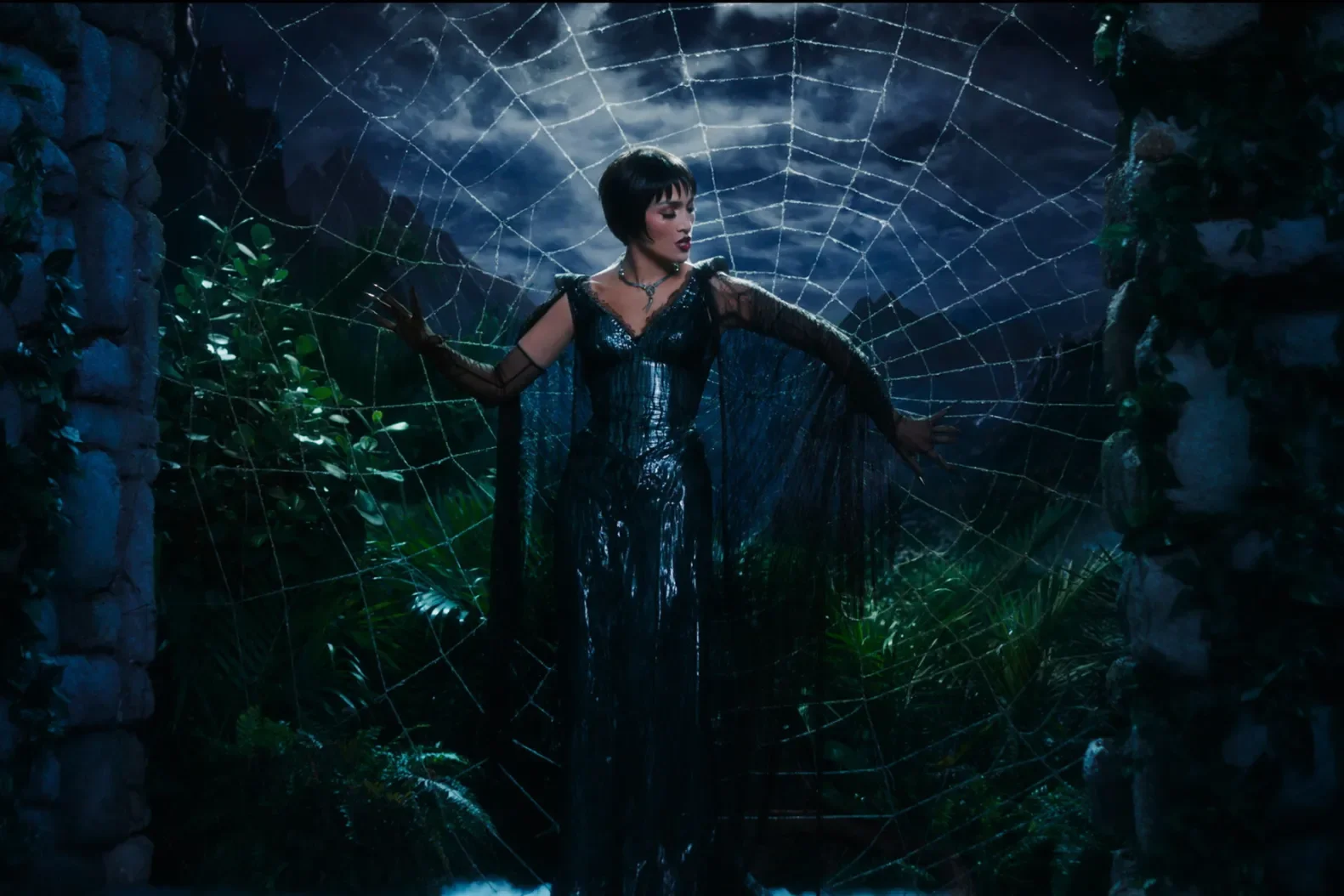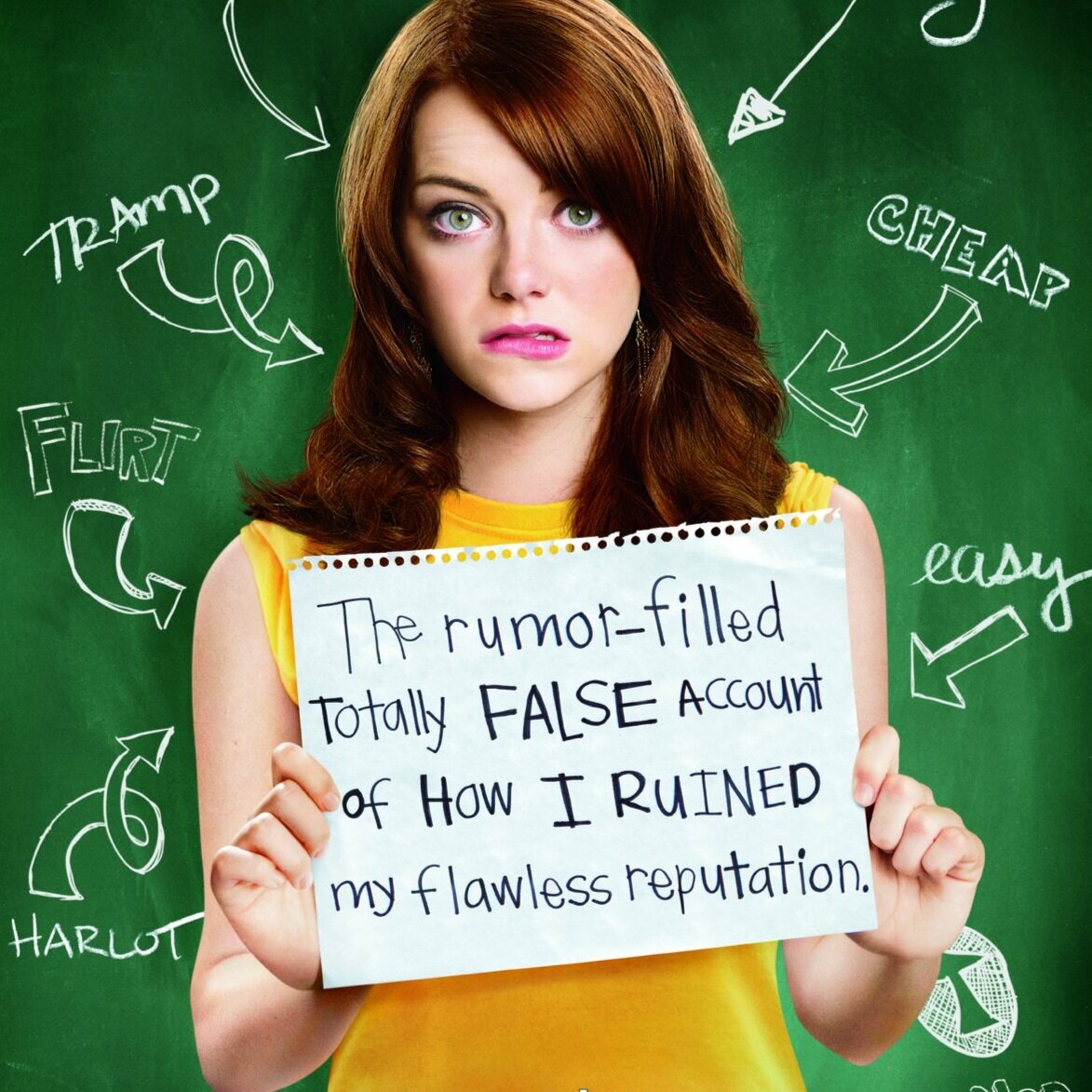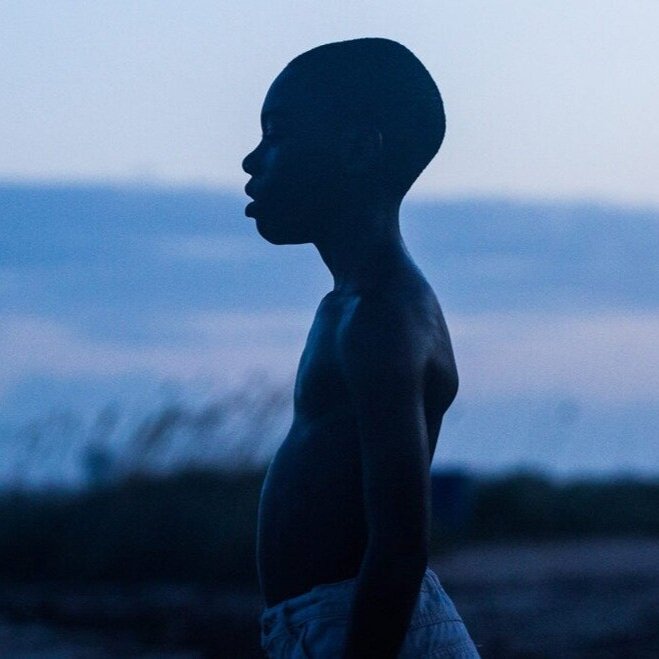Bros and the Absurdity of Modern Dating
There is something so utterly ridiculous and yet so completely sweet about Billy Eichner’s Bros. Only Eichner could write a movie about a podcast host, working as one of the museum curators at a new LGBTQ+ museum, falling in love with an estate attorney/aspiring chocolatier. Bobby Lieber (Eichner) must navigate not only the complex world of modern dating but also the nuances and changing discourse around gay culture. And it all works just about perfectly.
The best thing about Bros is not that it tried to revolutionize the rom-com genre, but that it used the conventional rom-com formula and current references to unite multiple generations of moviegoers. More than just telling the romantic “will-they-won’t-they” story of a gay couple and and labelling it as something unheard of, Eichner wrote two completely distinct characters and situated them in today’s complex world of dating apps, hook-up culture, and the current conflict between traditional ideas of love and a growing movement of acceptance. The more topical and younger nuances of this dating culture could be seen as alienating to older generations, but Bros deliberately acknowledges these differences and explores them.
Bros by exploring this culture of dating, it also heavily relies on pop culture. While making frequent current references is usually draining for older, not-as-internet-savvy folks, Bros makes a variety of references that appeal to many ages and spheres of pop culture, somehow without making them completely obvious or dumbed-down. Even the more niche references find their audience amongst the Bros crowd. Never in a million years would I have imagined seeing Ben Stiller saying “Hey queers!” as he briefly reprises his Night at The Museum role in hologram form. Alas, this feat could only be executed in Bros.
Bros is also able to tackle modern love in a way that I’ve seen few other romance storylines in film and TV trying to do. Though this rom-com still uses the overused arc of initial chemistry to falling for each other to dramatic breakup to reconciliation, it doesn’t shy away from this basic format and in fact embraces it. The corniness and predictability of the plot can sometimes dull the pace, specifically in the moments of conflict between the two characters. But in a way, Bros realizes this and leans into the cheesy and somewhat exhausting dynamic of the romantic conflict for laughs, bringing the audience back into the pace of the film.
It seems like nowadays, happy endings don’t come easy in terms of romance. Bros is fully aware of this, with its acknowledgement of toxic dating app culture and hook-up culture in general. By returning to the rom-com norm of predictable story arcs and cheesy plotlines, Bros brings hope for love to a generation that seems to desperately need it. Though some may simply refer to this as a queer love story, it is so much more than that.
Popular Reviews


